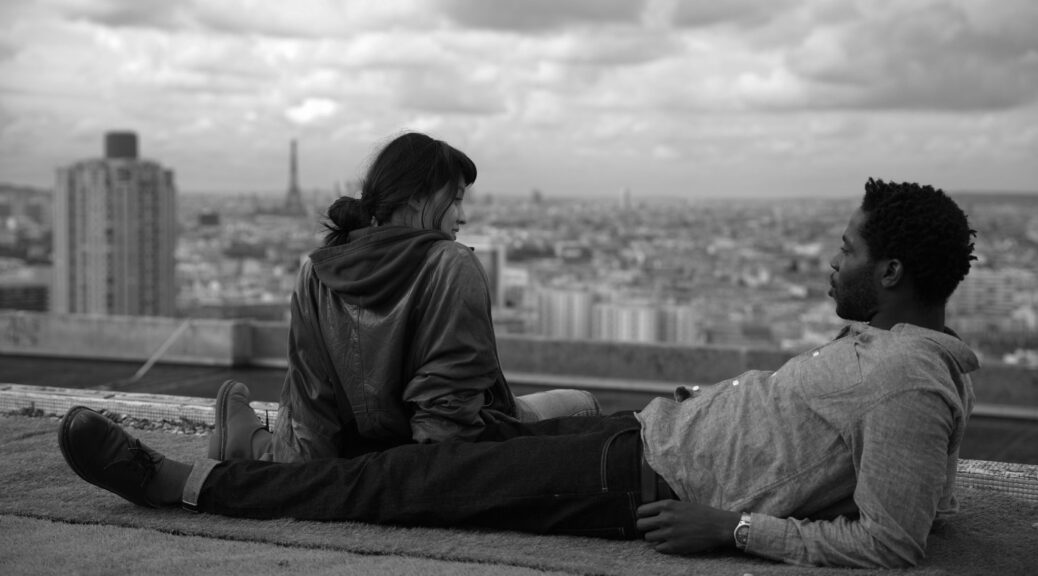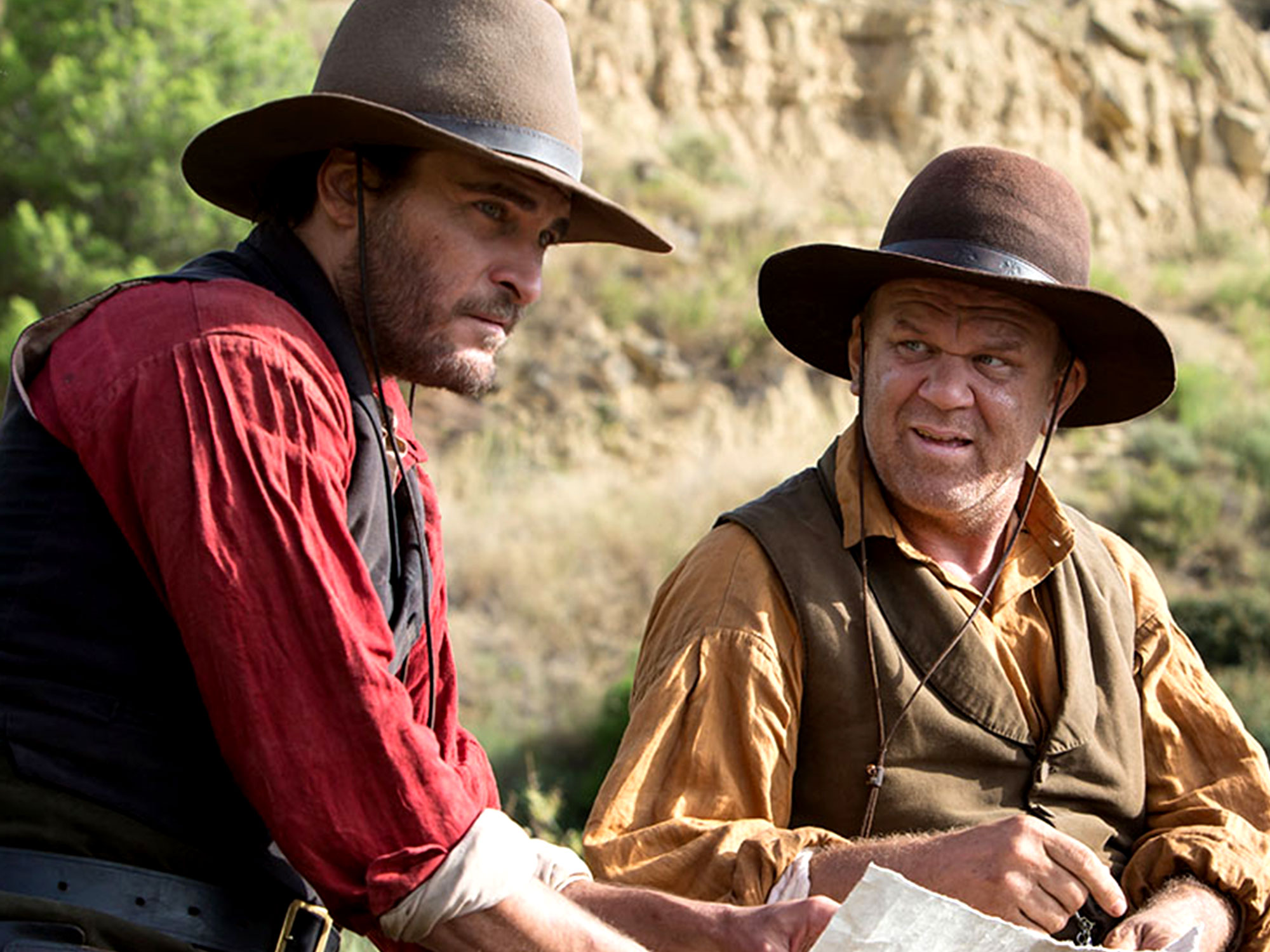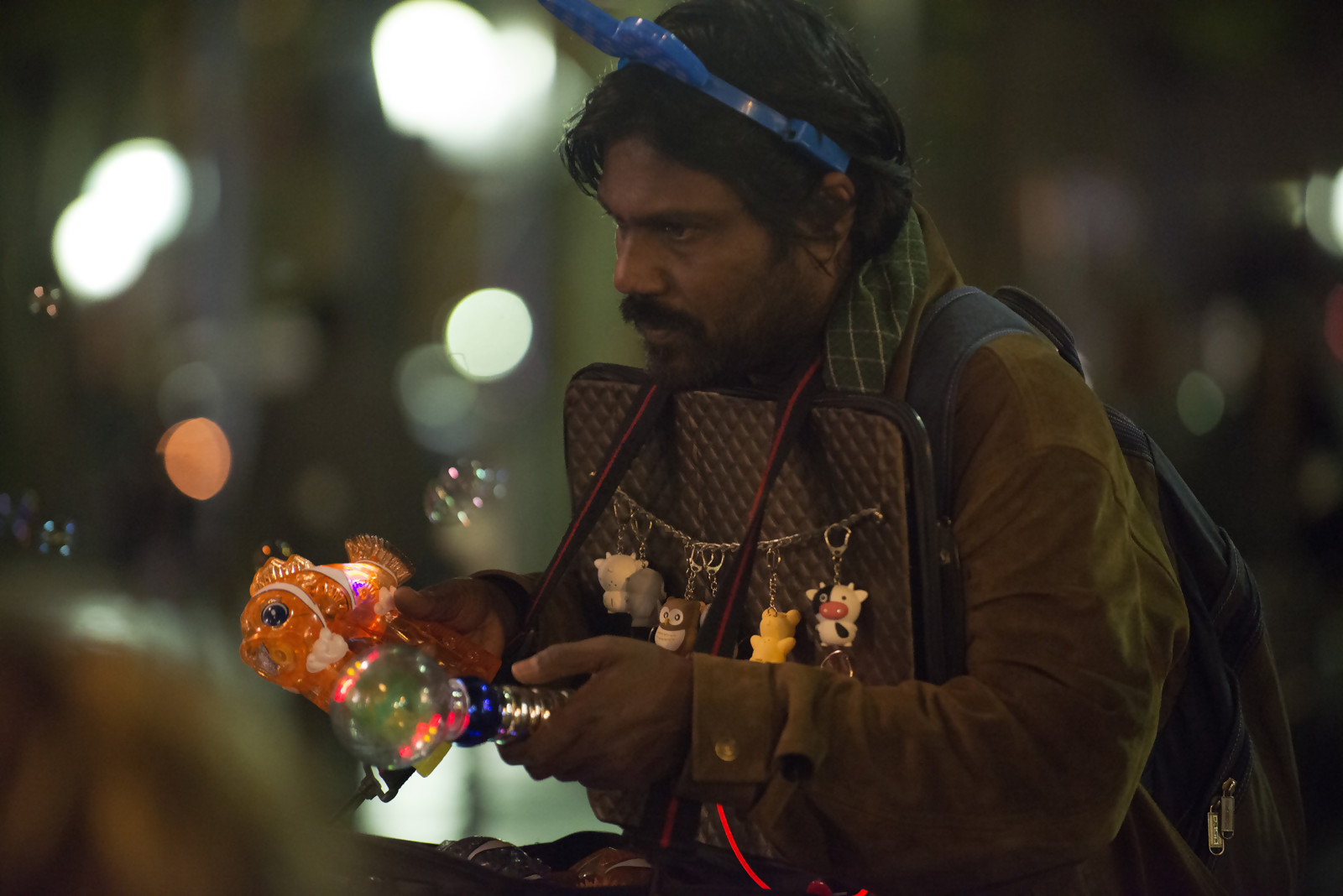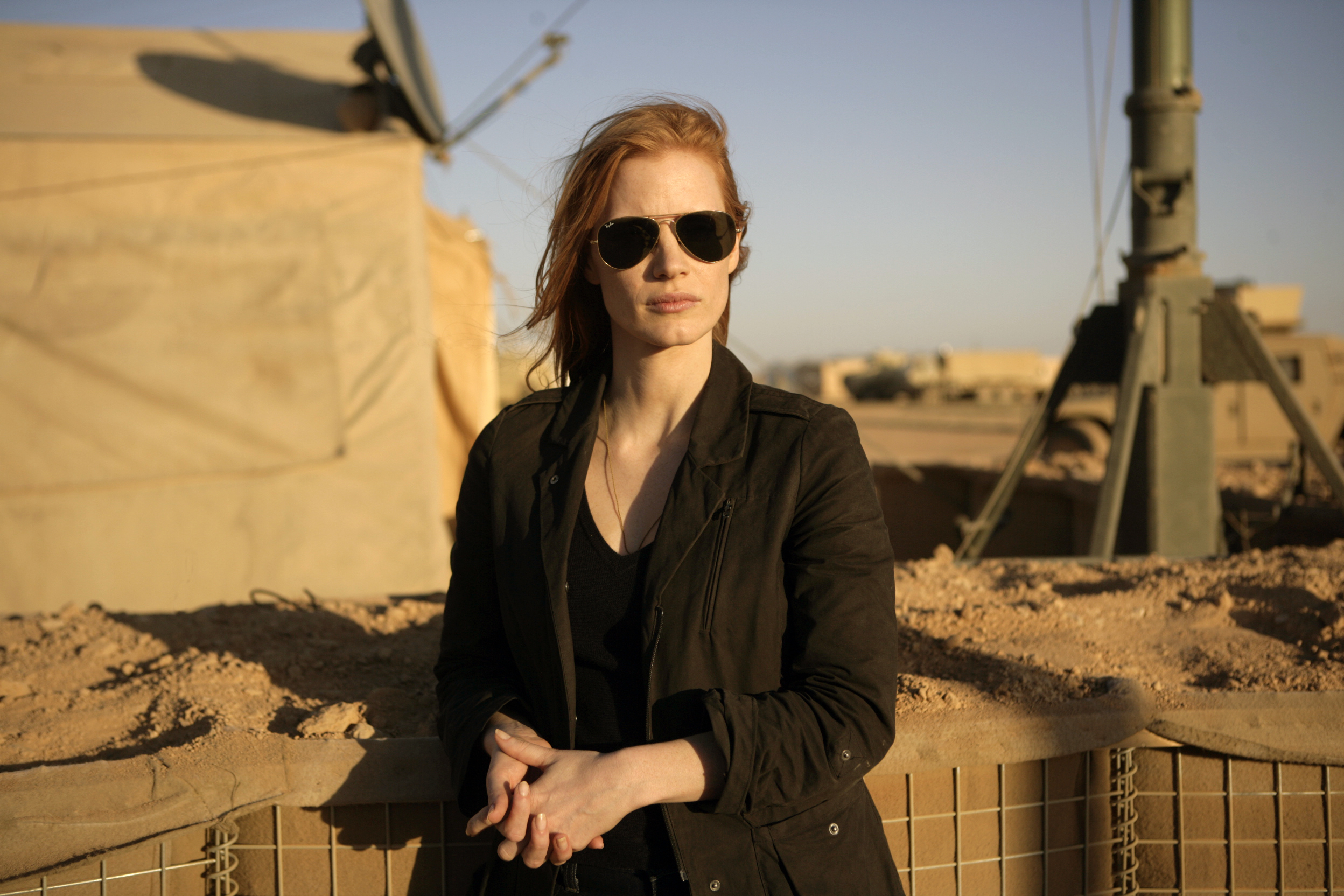Emilia Pérez
by George Wolf
I’ll tell ya what, this year in movies is heading toward the finish line with some mighty ambitious swings.
In just the last few weeks, Francis Ford Coppola’s Megalopolis and Todd Phillips’s Joker: Folie à Deux brought grand, messy visions to the big screen. Such commitment is easy to appreciate, which made the results even more frustrating.
Jacques Audiard’s Emilia Pérez offers similar vision and commitment, but has more success finding the humanity and resonance to make it memorable.
And plenty polarizing too, no doubt.
Audiard, the French filmmaker known for simmering, intense dramas such as A Prophet and Rust and Bone, delivers his first Spanish language project as a transgender musical crime thriller that beats the odds. This brash clash of styles could easily bury the chance for true joy or heartbreak, but these characters will not be denied.
The always welcome Zoe Saldana is instantly sympathetic as Rita, an overworked and underpaid attorney in Mexico City who get a surprising offer from a frightening new client. Feared cartel boss Manitas Del Monte (Karla Sofía Gascón) needs Rita’s help to retire from his business, fake his death, and start a new life as Emilia Perez – the woman he has always dreamed of becoming.
Del Monte’s wife Jessi (Selena Gomez, terrifically against type) and their two young children are more obstacles for Rita to navigate. Emilia still wants them in her life, but doesn’t want them told of her life change.
After a long career as Juan Carlos Gascón, this is Karla’s first film since transitioning, and she plays the dual roles with wonderful clarity. Del Monte is sinister and mysterious, while Emilia glows from the freedom to “love myself as I am.” With Rita’s continued assistance, Emilia dedicates her life to changing her soul, and helping to solve the thousands of missing persons casualties from her former line of work.
Audiard – who also co-wrote the script and several of the original soundtrack tunes – doesn’t seem much concerned with balancing the film’s many tones. Instead, he throws melodrama, romance, lust, humor, noir, and camp at us with unapologetic zest and life-affirming music. These musical set pieces are uniquely well-staged and evocative, adding to the intoxicating nature of the film’s pull.
Gascón, Saldana and Gomez craft a fascinating triangle – one thrown into chaos with the arrival of Jessi’s boyfriend Gustavo (Edgar Ramirez), and their plan to get what Jessi feels she’s long deserved.
If you’re thinking this all sounds like a super-sized telenovela, I get it. And honestly, there’s a decent chance Audiard’s new fondness for the overt won’t let you see Emilia Perez as anything else.
But there is more here. As Emilia herself says, “I lack singing.” Give the film room enough to blend its many voices, and you’ll find some surprisingly touching, blood-soaked harmony.






